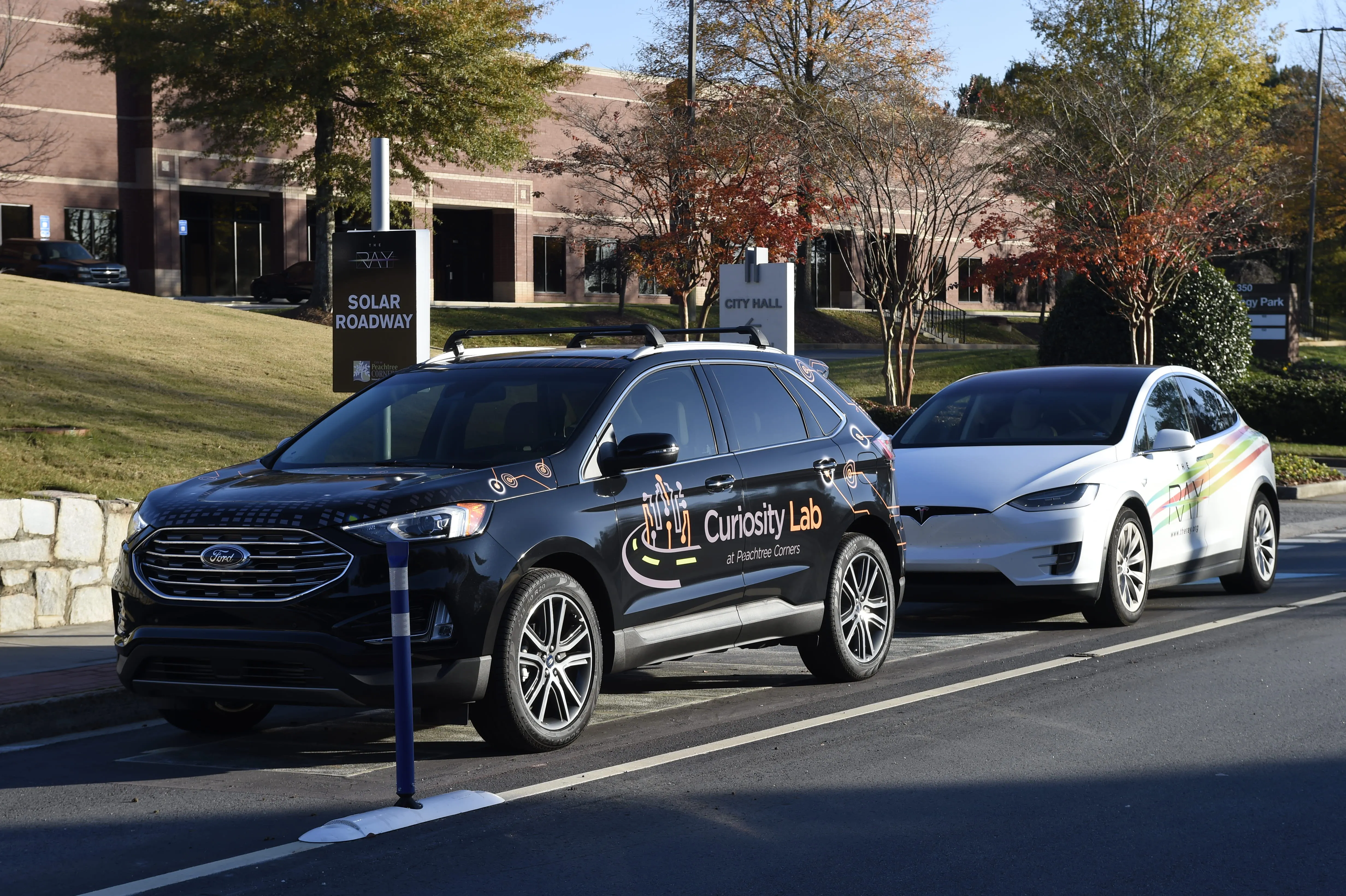
The network will be based on ChargeWheel’s mobile Energy Trailers, which don’t require a connection to the grid, and can therefore operate in any car park.
The company says they offer a combined solar-powered generation and energy storage solution, and plans to deploy 100 in the Bay Area by the end of 2019. The units can simultaneously charge four EVs or up to 400 electric bikes or e-scooters at DC fast-charging (DCFC) speeds.
Huzaifa Muhammad, CEO and founder of ChargeWheel, says micromobility charging networks and infrastructure do not exist where micromobility devices are primarily used.
“Many of the largest fleet operators are relying on warehouses far away from city centres, stocked with diesel generators to charge their vehicles en masse,” he continues. “Similarly, there is a lack of DC fast-chargers in large city centres for electric car drivers, mainly due to lengthy permitting and infrastructure installation issues.”
ChargeWheel’s Energy Trailers are equipped with solar panels, 550kWh of energy storage capacity. The company will introduce a $99 yearly unlimited charging subscription plan, allowing drivers to charge their vehicles at a fixed cost from any location.
The company says EV fleet operators will also benefit because they can lease the trailers on yearly contracts.








